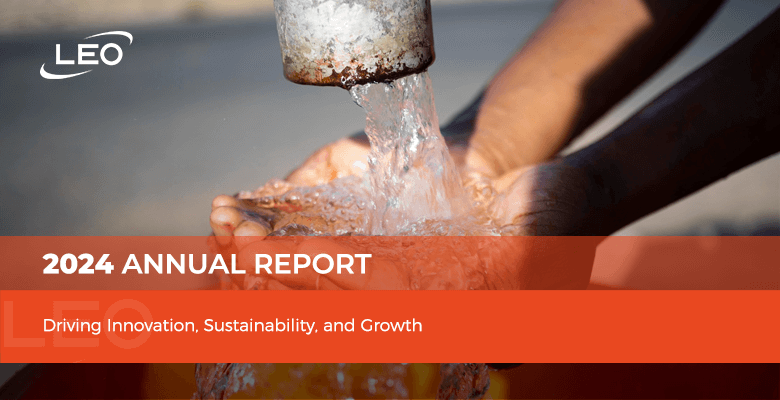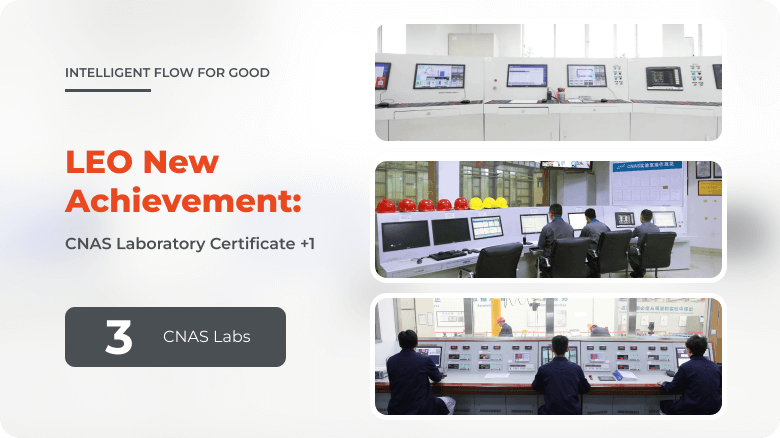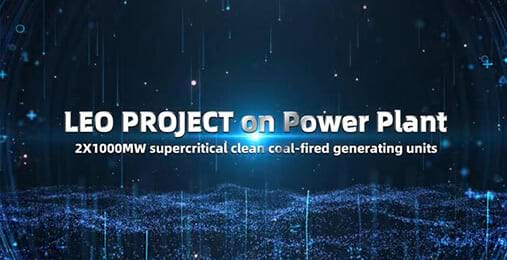
Wastewater management is essential for sustainable development. At the heart of it lies a crucial component: the sewage pump. But what exactly is a sewage pump, and why is it integral to the sustainability and public health.
What is a Sewage Pump?
Have you ever pondered the purpose of a sewage pump? Well, a sewage pump can transport wastewater from one place to another location for treatment. These pumps play a fundamental role in the sewage systems, ensuring the efficient and reliable transfer of sewage from homes, businesses, and industries to treatment facilities.
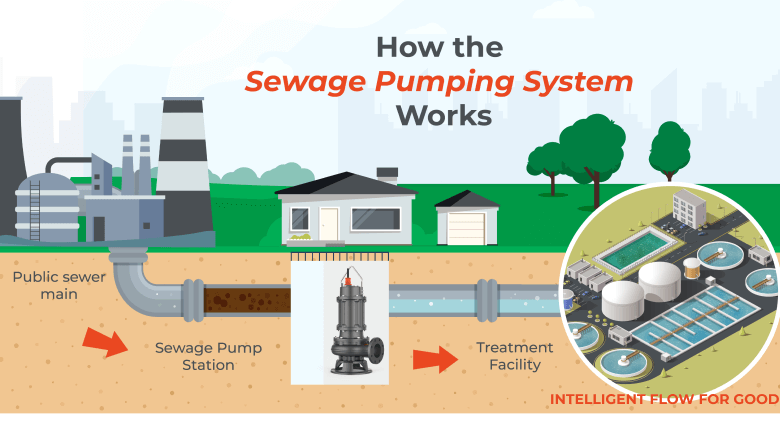
The Importance of Sustainable Wastewater Management
In today's world, sustainable wastewater management is a pressing issue. Improper disposal of sewage can result in:
- contamination of water sources,
- serious risks to human health and the environment.
Additionally, the high energy consumption of traditional sewage pumping systems exacerbates climate change.
How Sewage Pumps Contribute to Sustainability
Despite being seemingly mundane, sewage pumps have a significant impact on sustainability efforts. Here's how:
1. Energy Efficiency
Now, sewage pumps are engineered for greatest efficiency, minimizing energy consumption during pumping. That helps lower operational costs and lessen the environmental footprint.
2. Resource Conservation
Normally, sewage pumps prevent sewage overflows, thereby safeguarding water resources from contamination. It protects ecosystems that rely on clean water for survival.
3. Advanced Technology
Innovations in sewage pump design have led to high-performance, low-maintenance systems. Which enables operators to optimize pump performance and detect potential issues before they escalate.
These pumps incorporate advanced features such as
variable speed drives
smart sensors
remote monitoring capabilities
4. Integration with Renewable Energy
In pursuit of sustainability, researchers are exploring renewable energy sources to power sewage pumps. Solar panels, wind turbines and biogas generators can supplement or replace traditional sources, further reducing the carbon footprint of sewage treatment processes.
5. Resilience to Climate Change
Climate change brings more frequent and intense rainfall events. Hence, resilient sewage pumping systems are essential for mitigating the impacts of flooding and stormwater runoff. It requires robust infrastructure and adaptive management of sewage pumps.
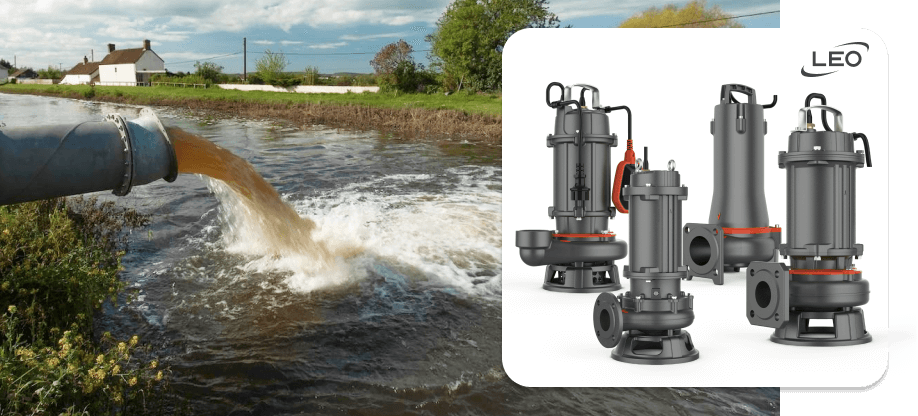
Conclusion
In sustainable development, sewage pumps' role is crucial yet often overlooked. The sewage pumping systems can contribute to a greener future for all. Throughout those ways:
optimizing energy efficiency
conserving resources
embracing technology
harnessing renewable energy
building resilience
At LEO, we are providing sewage pumps & systems pumping reliability, energy efficiency.






